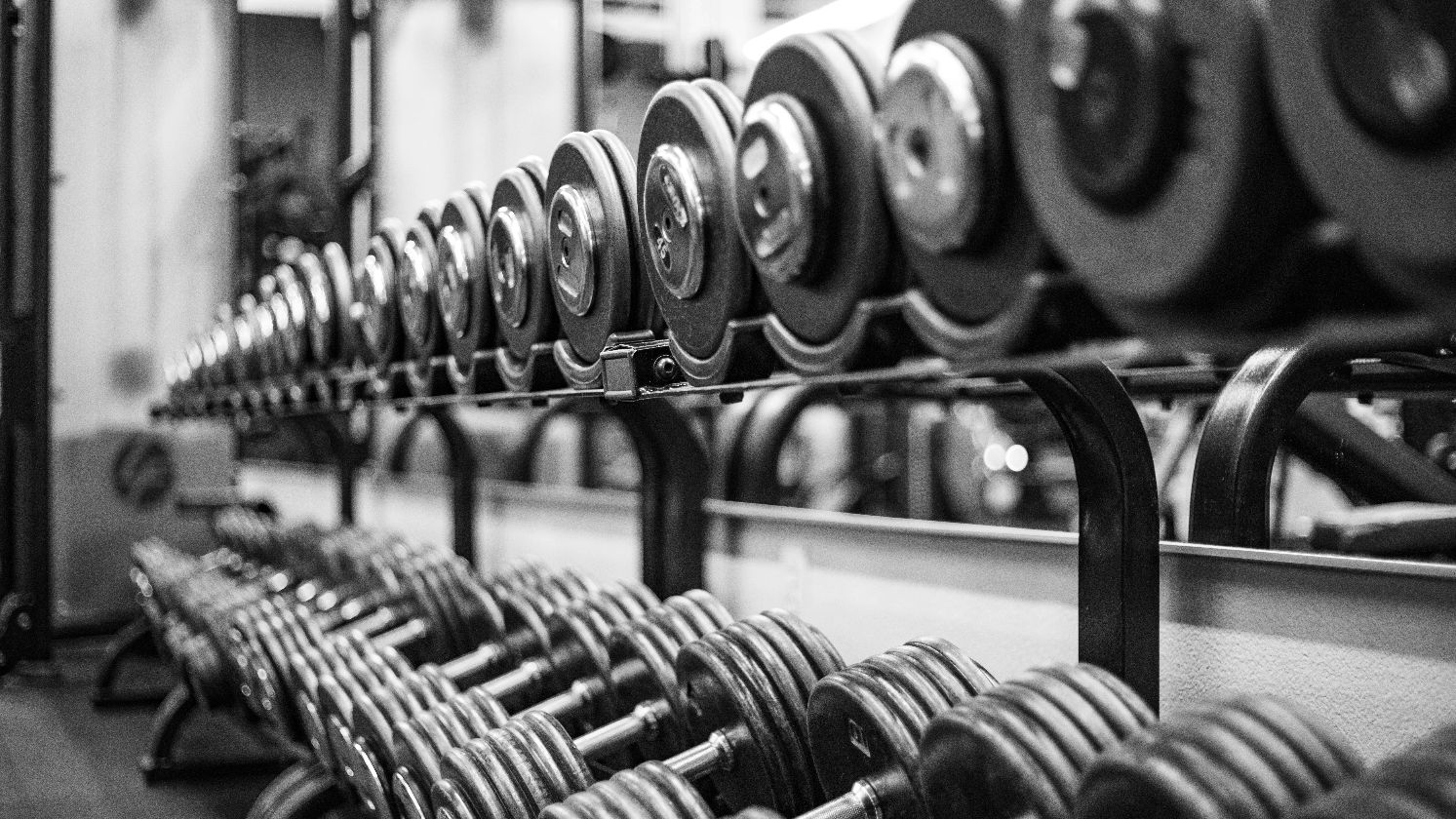Why You’re Running on Empty
Ever feel like you're still tired no matter what you do? You're not alone—fatigue is a common symptom that many complain about. But why exactly do you feel this way? From poor sleep to nutrient deficiencies, there are plenty of possible culprits, and it may be worth chatting with your doctor to pinpoint the cause. Curious as to why you constantly feel like you're running on empty? Here are 20 reasons that might just explain it.
1. Poor Sleep
If you're having trouble falling or staying asleep, it's no surprise that you won't be well-rested enough to get through the day ahead. While there could be many reasons for insomnia, from menopause to a cluttered mind, it's important to get to the bottom of it with your doctor so you can get a better night's rest.
2. Too Much Caffeine
If you're an avid tea or coffee drinker, you might have trouble falling or staying asleep at night as well. This may lead to poor sleep and low energy, which may prompt you to have more caffeine, creating a vicious loop. Keep in mind that as you age, you also become more sensitive to the effects of caffeine.
3. Excessive Stress
Going through a major career change? Thinking of going back to school? Dealing with financial stress? Whatever it is, having too much on your mind or too many responsibilities can exhaust you and keep you up at night. Plus, there's some evidence that links constant stress to chronic inflammation, which only makes you more tired.
4. Undereating
If you're not eating enough, your body may compensate by going into "survival mode"—halting all other processes except for essential life-sustaining functions. Plus, undereating means you won't get the nutrients you need to maintain your energy, leading to chronic fatigue.
5. Anemia
Anemia happens when your body lacks the red blood cells it needs to deliver oxygen throughout your body, making you feel weak and fatigued. Internal bleeding, extreme blood loss, iron deficiency, and other chronic health conditions can cause anemia. People who menstruate or don't eat meat are more likely to experience iron deficiency anemia.
6. Nutrient Deficiencies
Other nutrient deficiencies can cause low energy as well. For example, you may feel constantly fatigued if you lack B vitamins, including B2 (riboflavin), B3 (niacin), B5 (pantothenic acid), B6 (pyridoxine), B9 (folate), and B12. It's important to chat with your doctor if you suspect a nutrient deficiency may be the reason why you're always tired.
7. Sedentary Lifestyle
Are you sitting around most of the time? It might sound contradictory, but a lack of movement may actually make you more tired. In fact, research shows that regular exercise is linked to higher energy levels, as it gets your heart pumping and blood flowing.
8. Menopause
Perimenopausal and menopausal women are more likely to feel tired due to fluctuating hormonal levels. Common symptoms, such as hot flashes and night sweats, may also lead to poor sleep, insomnia, and chronic fatigue.
9. Depression
Depression can greatly affect the way we eat, sleep, feel, and live. While experiences vary from person to person, many often feel low energy and fatigued, which can in turn influence or exacerbate poor sleeping patterns and schedules.
10. Thyroid Disorders
Chronic fatigue may also be due to an underactive thyroid (hypothyroidism) or an overactive one (hyperthyroidism); when your thyroid hormones are imbalanced, you may experience a slew of symptoms, including low energy. Thyroid problems are more likely to affect women than men, especially following pregnancy or menopause.
11. Sleep Apnea
If you're always tired no matter how many hours you get at night, you might have a sleep disorder like sleep apnea. Obstructive sleep apnea, the most common type, can block your airway and prevent your brain from going into deeper REM sleep. Poor sleep quality can, in turn, result in chronic fatigue, headaches, and mood swings.
12. Screen Time Before Bed
Do you often look at your phone before going to sleep? Poor sleep hygiene can significantly impact the quality of your rest, and constant exposure to digital screens can make it harder to fall asleep. This is because the blue light emitted from them can delay melatonin release, wrecking your sleep-wake cycle.
13. Dehydration
Not drinking enough water can be another reason why you're always tired. Along with dizziness, confusion, dry mouth, and headaches, fatigue is another common, telltale sign of dehydration. That's why it's so important to keep well-hydrated throughout the day.
14. Medications
Antidepressants, beta-blockers, diuretics, calcium channel blockers, and many other types of medications can cause chronic fatigue, especially ones you need to take daily. If you suspect this might be the case, discuss with your doctor about possible side effects or alternatives.
15. Anxiety
Racing thoughts and constant overthinking can make it harder to fall and stay asleep. If you struggle with anxiety, it's no surprise that you're always mentally—and physically—exhausted, leaving you with low energy levels and persistent fatigue.
16. Poor Sleep Schedule
If you work the graveyard shift or have a habit of sleeping late, a poor sleep schedule is likely the reason why you're always feeling tired. Why? Because this interferes with your body's natural circadian rhythm, leaving you groggy and sluggish.
17. Smoking
Smoking negatively impacts your blood oxygen and may narrow blood vessels, making your heart and lungs work much harder to deliver oxygen throughout the body. If you regularly smoke, that might be the reason why you're constantly tired.
18. Alcohol
While some might find that having a drink before bed helps them fall asleep more easily, alcohol can affect the quality of sleep you get and significantly impact your energy levels. Drinking in the daytime can also deplete your energy levels and leave you drowsy and sluggish.
19. Overweight
Undereating can lead to chronic fatigue, but the opposite extreme—overeating and being overweight—may also result in low energy levels, too. Obesity can also greatly increase your risk of sleep apnea and leave you feeling out of breath no matter what you do.
20. Too Much Exercise
A lack of exercise may lead to low energy levels, but overexercising can contribute to chronic fatigue, too. After all, if you're not letting your body get adequate rest so it can properly recover, you risk feeling sore, sluggish, and drained.
KEEP ON READING

20 Important Reasons Why You Need To Take Rest Days

20 Clever Ways To Eat More Veggies


























